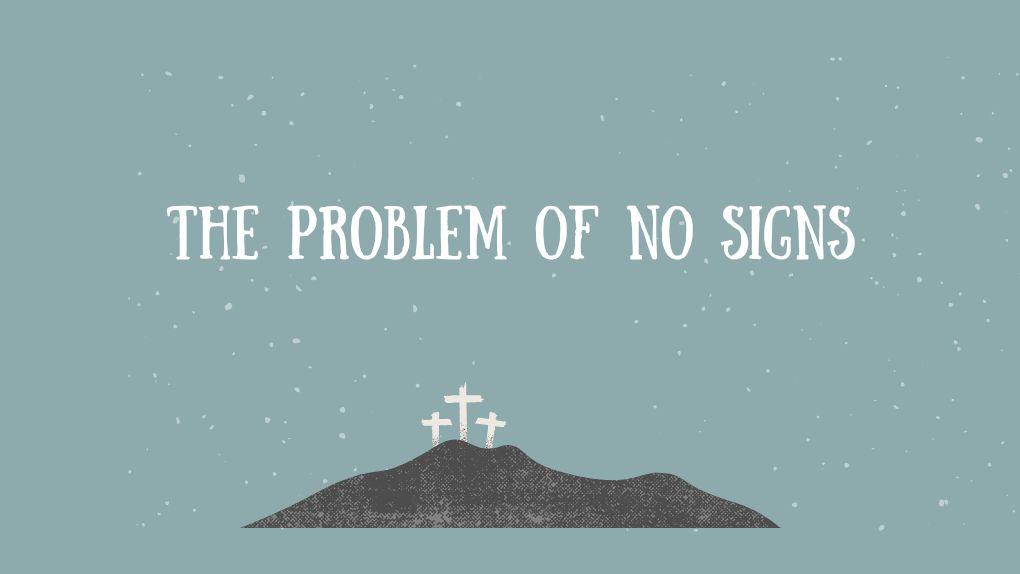One of the lectionary readings for this Sunday is from the Gospel of Matthew, chapter 12. It tells us that one day a group of Pharisees approached Jesus with a request to show them a divine sign that he is indeed the Messiah. The religious leaders were typically opposed and rejected any such claim. So, this appears to be a rare moment and a genuine attempt where his opponents reach out to Jesus with curiosity and interest to learn more about his teaching and calling, a precious opportunity for Jesus to embrace them and welcome them. But that is not what he did at all. In fact, He outright refused and denied their request for a divine sign.
There is a point and time in the life of every faithful when we turn to God for a sign. These might be moments when we face a crucial decision, life-altering outcome of events or when dealing with trauma, pain, and loss. In such situations, we turn to God, sometimes hoping for an intervention, miracle or guidance and sometimes simply to be comforted by some sort of extraordinary and divine sign that God is aware and present in our trials and tribulations. But much like the Pharisees of today’s Gospel reading, we, too, might discover that there are not going to be any signs. Such a realization can be painful and deeply disappointing for the faithful believer’s heart. Why does loving, caring and all-powerful God not intervene in the lives of his children when they need him most? Why doesn’t He comfort and give us hope with a divine sign in our dire and desperate moments and struggles?
One way to gain some closure and understanding into this seemingly very complex theological issue is by examining the nature and fabric of ordinary loving relationships. This is an important starting point for our reflection because we know for a fact that the biblical God is not interested in any form of transactional relationship or partnership, nor does He desire to be reduced to a magical genie that pops out of the bottle whenever we need him. Instead, He desires our hearts and friendships and an intimate, loving relationship with us.
It is through the sacred and loving embrace and friendship of the divine and human that His full glory, grace, power, presence, signs, and miracles are revealed in every aspect of our lives. The divine signs are merely the natural result, not the reason for a living faith. In fact, signs play a zero role in our ability to form and nurture relationships. We love our children before they are even born. People who love us don’t perform any special signs to prove their love. They simply welcome us into their hearts and lives in ways that we clearly recognize instinctively and subconsciously.
This week as we celebrate July 4, we also reflect on the importance of freedom for our faith. Freedom is the precondition and the building block for any human relationship. We can only truly love, commit and share our lives with someone if we are free and do so of our free will. God has never held back his miracles and signs from his saints, but sometimes he does so when we don’t know Him, when we are not deeply rooted in our faith and do not nurture a living and life-giving relationship with Him. I think He does so out of his abundant love for us. He does so not to overwhelm and overpower with his omnipotent power our senses, perception, and ability to choose, love, and draw closer to him freely. This demonstrates and reveals tremendous respect for human freedom from God.
This year, as we gather with our family and friends to celebrate July 4, let us thank the Lord for his gift of freedom. Let us pray and ask Him to guide and teach us to recognize and follow what is holy and good through our freedom.


